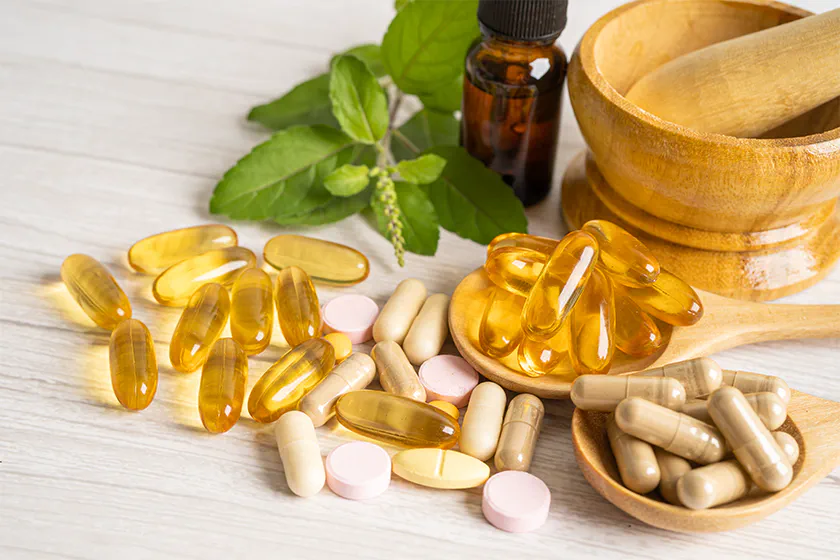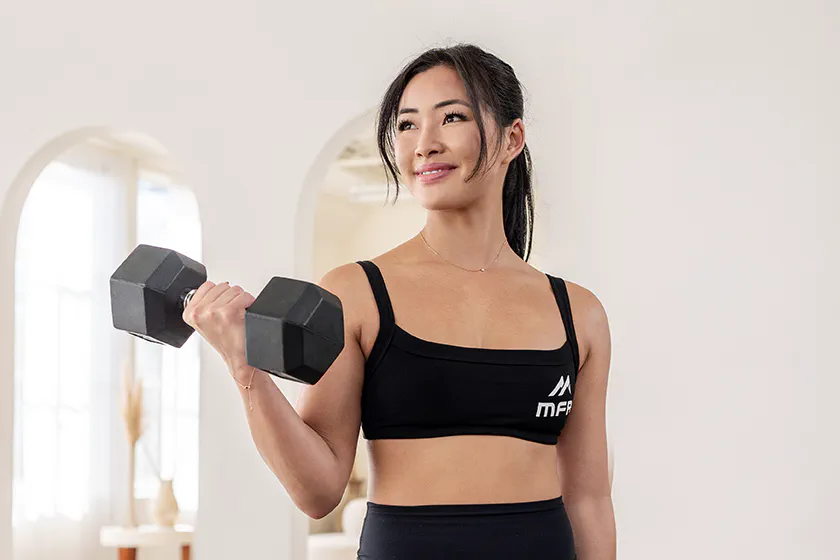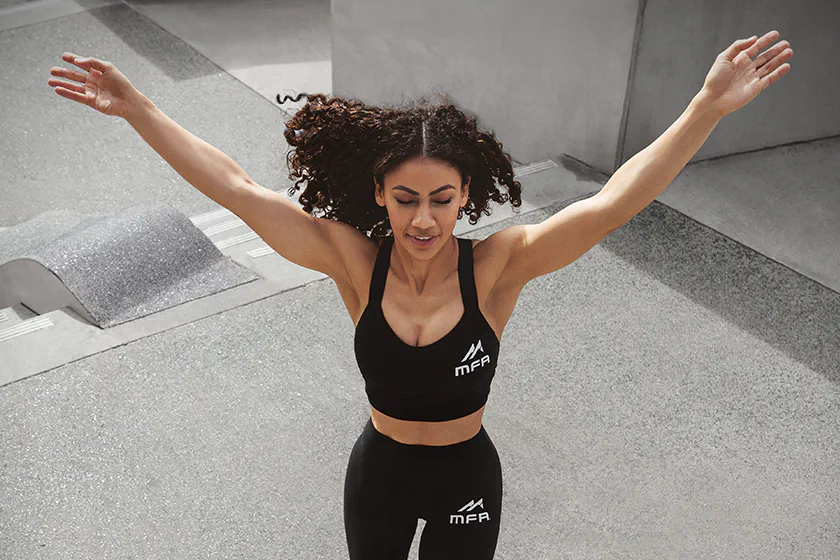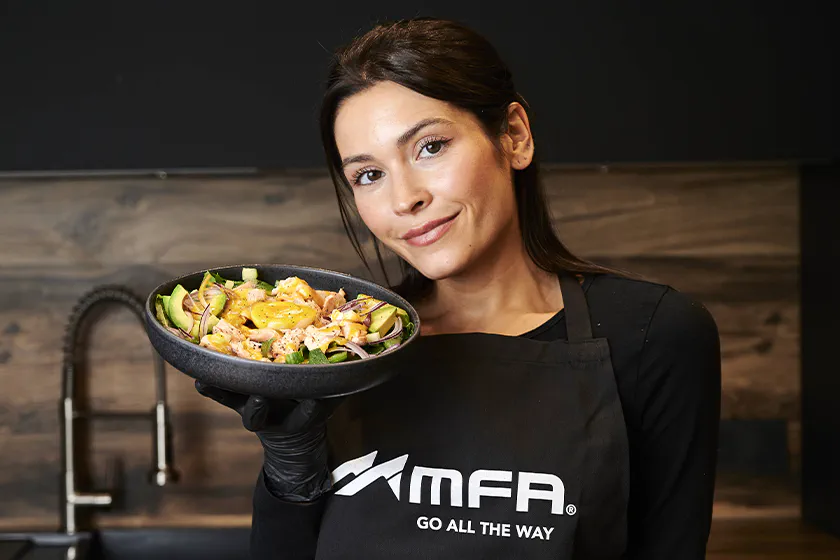The Essential Vitamins for an Active Lifestyle

What you need and why
Staying active is crucial for overall health and well-being. This is true whether you’re an athlete, a fitness enthusiast, or just someone doing the bare minimum to stay at optimal weight. Whatever your level of exercise, your body needs essential vitamins and minerals to perform its best and remain in good shape.
Proper nutrition supports energy levels, muscle function, recovery, and immune health. If that tickles your brain, this article is a perfect guide to essential vitamins that can contribute to a healthy, active lifestyle.
Vitamin D: The Sunshine Vitamin
Healthy bones, proper immune function, and muscle performance all require vitamin D. There is no way around it. Vitamin D plays a role in calcium absorption, an essential mineral for strong bones. This is a precondition for better muscle strength and injury risk reduction. Moreover, vitamin D can boost immune function, helping to prevent illness and speed up recovery from intense workouts or competition. All of these factors are invaluable for people leading an active lifestyle.
How to get vitamin D?
The best natural source of vitamin D is sunlight. However, too much sun also has its health effects. Aside from this, in some places or at certain times of the year, it can be challenging to get enough sun exposure. As a result, many active individuals opt for supplements or fortified foods, especially during the winter months.
Vitamin C: The Immunity Booster
Vitamin C is well-known for its immune-boosting properties. It also plays a pivotal role in repairing tissues, enhancing iron absorption, and reducing inflammation. This vitamin is an essential antioxidant that helps neutralize free radicals produced during intense exercise. In that way, it helps prevent muscle soreness and fatigue. Here’s a breakdown of vitamin C benefits:
- Active people are more susceptible to colds and infections, and vitamin C helps faster recovery after such health issues.
- Vitamin C is essential for collagen synthesis. Collagen is a protein that supports the repair of muscles, ligaments, and tendons, all the tissue types stressed during physical exertion.
- Last but not least, this vitamin is a powerful antioxidant. It protects cells from oxidative damage caused by free radicals released during exercise.
What are the best natural sources of vitamin C?
Sources of vitamin C include citrus fruits (oranges, lemons, grapefruits), strawberries, kiwi, bell peppers, and leafy greens. Vitamin C is water-soluble, so it’s important to consume it regularly throughout the day.
B Complex Vitamins: The Energy Providers
The B vitamins are a group of eight essential nutrients that support various functions in the body. These vitamins help convert carbohydrates, fats, and proteins into energy. Here’s why they are particularly important for athletes and active individuals:
- B vitamins, particularly B1 (thiamine), B2 (riboflavin), B3 (niacin), and B6 (pyridoxine), __help convert food into energy __by assisting in metabolic processes.
- B12 (cobalamin) and B6 help support nerve function and muscle repair. Like this, they help reduce muscle soreness after intense exercise.
- Vitamin B9 (folate) and B12 are critical for the formation of red blood cells. These cells transport oxygen to muscles during physical activity, enhancing endurance and performance
Where to find them?
B vitamins are found in a variety of foods, including:
- Whole grains,
- Lean meats,
- Eggs,
- Dairy products,
- Leafy greens,
- Legumes, and
- Nuts.
For energy levels’ maintenance and recovery support, it is vital to get enough B vitamins, especially if you’re regularly engaging in intense workouts.
Vitamin E: The Antioxidant Defender
Vitamin E is another powerful antioxidant that protects the body from oxidative stress caused by intense physical activity. When you exercise, your body generates free radicals that can lead to inflammation and muscle damage. Vitamin E helps neutralize these free radicals. In this way, it reduces the risk of muscle fatigue and speeds up recovery.
- Vitamin E prevents cellular damage from oxidative stress. This is especially important for active individuals who undergo intense training sessions.
- By combating free radicals, vitamin E helps reduce inflammation and muscle soreness and enables quicker recovery.
- Vitamin E strengthens the immune system, helping to prevent illness and reduce downtime between workouts.
Which foods are rich in vitamin E?
Vitamin E is found in foods such as almonds, sunflower seeds, spinach, and avocados. It is a fat-soluble vitamin. So, it’s important to consume it with healthy fats for optimal absorption.
Vitamin A: The Vision and Skin Protector
While vitamin A is often associated with eye health, it also plays an important role in supporting the immune system, skin health, and cellular growth:
- Vitamin A __supports the growth and repair of tissues __affected by physical exertion, including muscles and skin.
- It plays a crucial role in maintaining a healthy immune system. This is vital for preventing illness and staying active.
- Vitamin A helps maintain healthy vision and supports skin health. It helps reduce the likelihood of irritation from sweat or friction during exercise.
How to get vitamin A?
Carrots, sweet potatoes, spinach, and other orange and dark leafy vegetables are rich sources of vitamin A. Like vitamin E, it is a fat-soluble vitamin, so pairing it with healthy fats will enhance absorption.
Vitamin K: The Bone and Blood Clotting Essential
Vitamin K plays an important role in bone health and blood clotting. Active individuals need adequate vitamin K to ensure proper bone mineralization and reduce the risk of injury from falls or intense physical activity.
- Vitamin K helps regulate calcium in the bones, promoting strong bones and reducing the risk of fractures.
- It is essential for the blood clotting process, ensuring that injuries or cuts heal properly.
- Adequate vitamin K levels can also aid in faster recovery by supporting the healing of tissues after strenuous exercise or injury.
What are the best dietary sources of vitamin K?
Leafy greens like kale, spinach, and broccoli are excellent sources of vitamin K. If you don’t consume enough of these foods, you might want to consider a supplement.
The Final Word
The bottom line is an active lifestyle requires a balanced and nutrient-rich diet. Vitamins play an integral part here. They support the body’s energy production, muscle function, and recovery. Each vitamin described in this article plays a unique role in helping you maintain peak performance. If you can ensure that you are getting enough of these through your diet, supplements, or a combination of both, you’ll be better equipped to take on your daily activities and maximize your fitness goals.
Dr. Rosmy Barrios is a physician specializing in regenerative and aesthetic medicine. She serves as the Medical Director of the Regenerative Medicine Department at P.A.R.K.S Clinic. With over a decade of international experience, Dr. Barrios focuses on anti-aging therapies, cellular regeneration, and holistic wellness. She is also a published health writer and advisor, contributing to platforms like Forbes and Yahoo Health, and is a member of several global aesthetic medicine associations.



